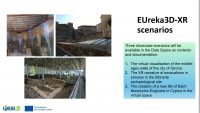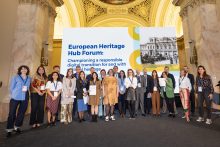exhibition "ecstasy" will be on show from 26th November in the platform PARALLEL
JD Malat Gallery is proud to present ecstasy, a solo exhibition by leading Turkish sculptor Hande Sekerciler.
From the 26th of November until the 1st of January, ecstasy will bring together a selection of three-dimensional digital sculptures to explore the theme of the human ‘self’ as well as present a new mode of engagement with contemporary sculpture.
This new series of three-dimensional digital sculptures will be presented on JD Malat Gallery’s online exhibition platform, PARALLEL: https://jdmalat.com/parallel/
By situating Sekerciler’s sculptures in a virtual exhibition space, JD Malat Gallery seeks to highlight the progressive nature of Sekerciler’s practice and aims to underline her role as a protagonist in the field of contemporary sculpture and digital art.
Hande’s selected works on JD Malat Gallery: https://jdmalat.com/artists/hande-sekerciler/
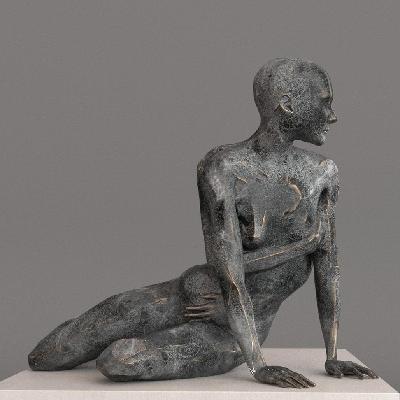 While Sekerciler’s sculptures share similarities with Hellenistic and Renaissance sculpture, such as the nude form, as well as smoothed and patinated surfaces, Sekerciler does not focus on the notion of the ‘ideal’ that was extensively explored during these periods. The figures in ecstasy reject clothing and even hair to give little insight into a specific identity. This rejection of identifiable materials and form serve to free the sculptural figures from gendered and societal labels, urging the viewer to contemplate the body’s existence as independent from societal structures. Through a method of what Sekerciler calls, ‘purification’, ecstasy presents figures at ‘peace with their sexuality and orientation who embrace their existence’. Thus, this new body of work presents an important axis for reflection of the human ‘self’ in a contemporary age.
While Sekerciler’s sculptures share similarities with Hellenistic and Renaissance sculpture, such as the nude form, as well as smoothed and patinated surfaces, Sekerciler does not focus on the notion of the ‘ideal’ that was extensively explored during these periods. The figures in ecstasy reject clothing and even hair to give little insight into a specific identity. This rejection of identifiable materials and form serve to free the sculptural figures from gendered and societal labels, urging the viewer to contemplate the body’s existence as independent from societal structures. Through a method of what Sekerciler calls, ‘purification’, ecstasy presents figures at ‘peace with their sexuality and orientation who embrace their existence’. Thus, this new body of work presents an important axis for reflection of the human ‘self’ in a contemporary age.
The figures in ecstasy represent Sekerciler’s search for ways of incorporating digital technology into traditional arts. To create the digital sculptures, Sekerciler undertakes a complex process that involves creating sketches on an ipad and turning this into three-dimensional models by using the sculpting software ZBrush. Sekerciler then uses Substance Painter to achieve different digital surface textures, such as ‘virtual patina’. These digital models become a step in Sekerciler’s process of creating bronze sculptures in real life. Using the digital models for reference, Sekerciler develops wax models which are then used to prepare high temperature resistant molds for casting bronze. After a process of pouring, cooling and ‘levelling’, the bronze sculptures are then completed with a unique chemical patina, developed by Sekerciler herself.
The digital sculptures in ecstasy have come to life through Sekerciler’s collaboration with GarageAtlas, a creative XR Studio that has been instrumental in developing the virtual exhibition space. The decision to only showcase the digital sculptures in a virtual exhibition space, rather than the bronze sculptures in an IRL exhibition demonstrates the artistic merit of the digital preparatory process and highlights the progressive and technologically advanced nature of Sekerciler’s practice.
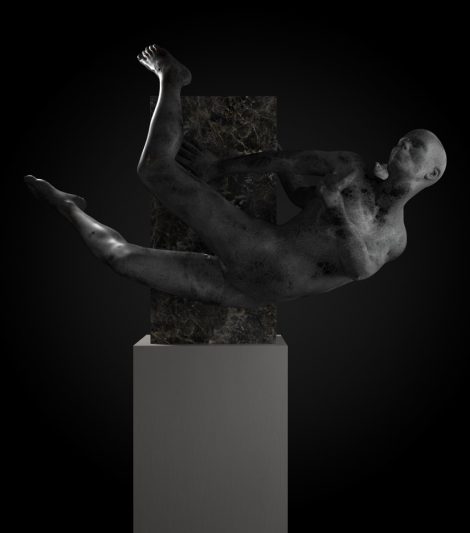
By displaying digital sculptures exclusively in an online exhibition space, ecstasy presents a new avenue for contemplating the modes of engagement with sculpture. For centuries sculpture has been viewed in real life as part of architecture, as an art object in museums and galleries or as an object of worship. Against the backdrop of the current pandemic and with in-person engagement becoming increasingly difficult, Sekerciler seeks to develop digital sculpture and online viewing experiences in an effort to engage her international audience no matter where they are. In doing so, ecstasy challenges traditional methods of viewing sculpture and in turn highlights the inclusive nature of virtual viewing experiences. Therefore, ecstasy presents a new trajectory in the historiography of sculpture, technology and the digital arts.
ecstasy resonates with the contemporary age and highlights the innovative nature of Sekerciler’s work, demonstrating why her work continues to fascinate a global audience. Sekerciler has exhibited internationally in notable collections, which include Elgiz Museum, Istanbul, Turkey, and the Artist Causa Gallery, Thessaloniki, Greece. She was also awarded artist residencies including Artist Alliance International, New York, Unlimited, New York and 18th Street, Los Angeles. As co-founder of Piskel New Media Residency, in collaboration with Turkiye Bilisim Vakfi, and as director and curator of Augmented Istanbul, Sekerciler continues to use her expertise in new technologies and sculpture to develop new platforms of engagement.
JD Malat Art Gallery – website: https://jdmalat.com/



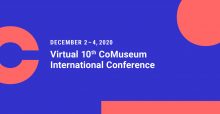
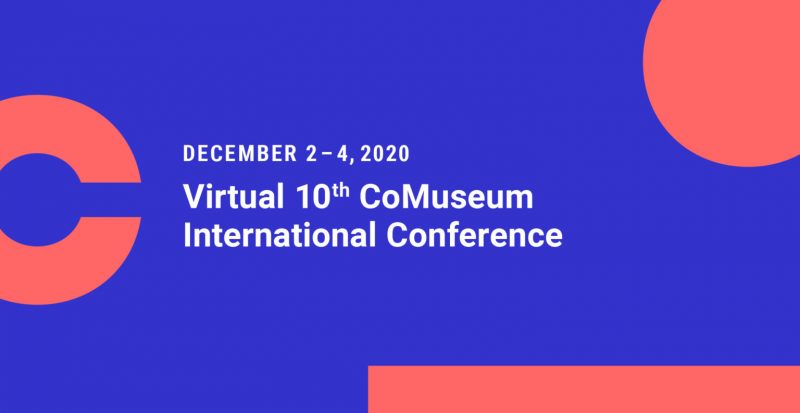 The 10th CoMuseum International Conference is taking place on December 2 – 4, 2020. Due to the COVID-19 social distancing measures, the 2020 CoMuseum will be a virtual event.
The 10th CoMuseum International Conference is taking place on December 2 – 4, 2020. Due to the COVID-19 social distancing measures, the 2020 CoMuseum will be a virtual event.
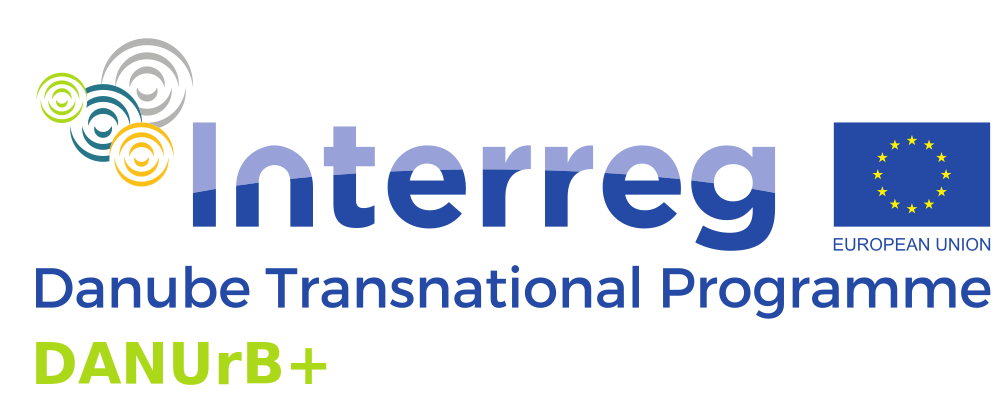 DANUrB is a new EU funded project started on July 2020 and leaded by the Budapest University of Technology and Economics of Budapest. It involves 17 Partners coming from 6 East European Countries: Hungary, Romania, Slovakia, Bulgaria, Croatia and Serbia.
DANUrB is a new EU funded project started on July 2020 and leaded by the Budapest University of Technology and Economics of Budapest. It involves 17 Partners coming from 6 East European Countries: Hungary, Romania, Slovakia, Bulgaria, Croatia and Serbia.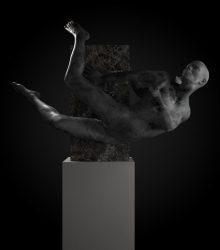
 While Sekerciler’s sculptures share similarities with Hellenistic and Renaissance sculpture, such as the nude form, as well as smoothed and patinated surfaces, Sekerciler does not focus on the notion of the ‘ideal’ that was extensively explored during these periods. The figures in ecstasy reject clothing and even hair to give little insight into a specific identity. This rejection of identifiable materials and form serve to free the sculptural figures from gendered and societal labels, urging the viewer to contemplate the body’s existence as independent from societal structures. Through a method of what Sekerciler calls, ‘purification’, ecstasy presents figures at ‘peace with their sexuality and orientation who embrace their existence’. Thus, this new body of work presents an important axis for reflection of the human ‘self’ in a contemporary age.
While Sekerciler’s sculptures share similarities with Hellenistic and Renaissance sculpture, such as the nude form, as well as smoothed and patinated surfaces, Sekerciler does not focus on the notion of the ‘ideal’ that was extensively explored during these periods. The figures in ecstasy reject clothing and even hair to give little insight into a specific identity. This rejection of identifiable materials and form serve to free the sculptural figures from gendered and societal labels, urging the viewer to contemplate the body’s existence as independent from societal structures. Through a method of what Sekerciler calls, ‘purification’, ecstasy presents figures at ‘peace with their sexuality and orientation who embrace their existence’. Thus, this new body of work presents an important axis for reflection of the human ‘self’ in a contemporary age.
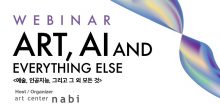
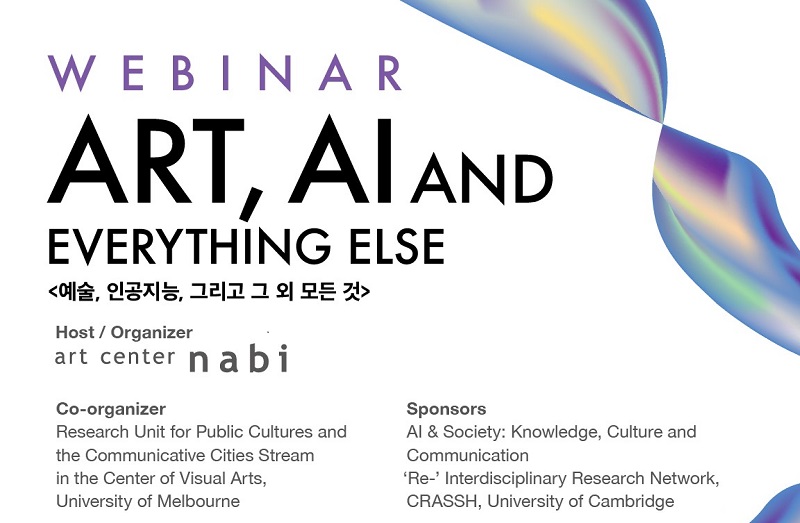
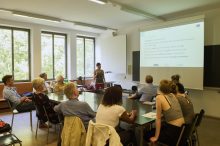
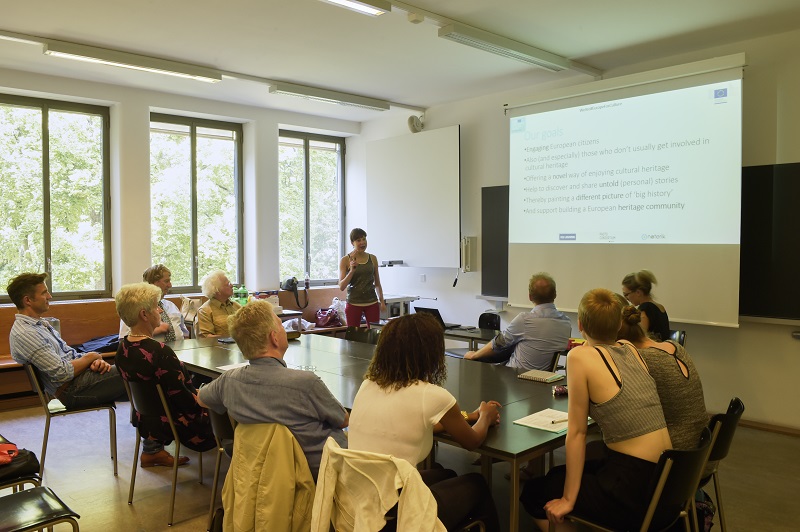
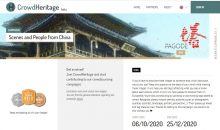
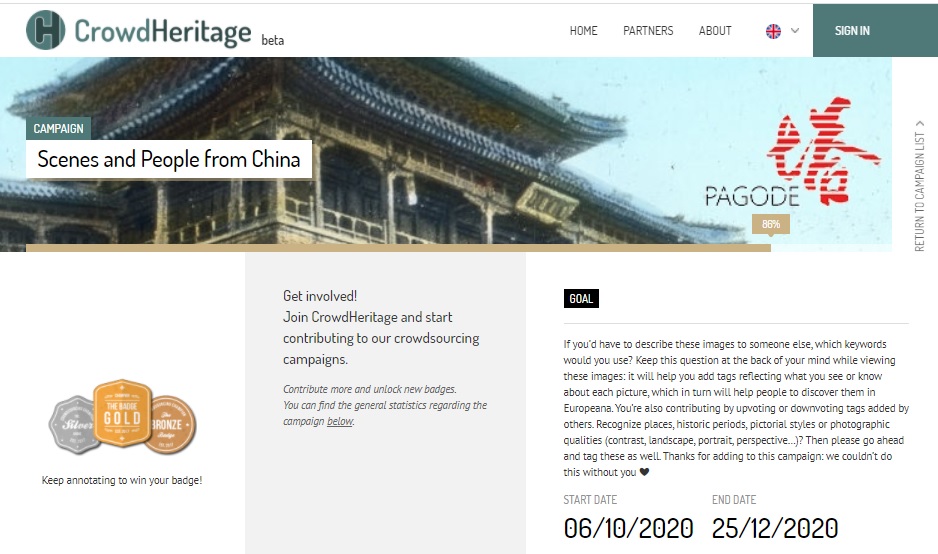
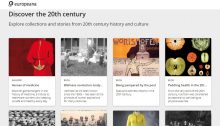
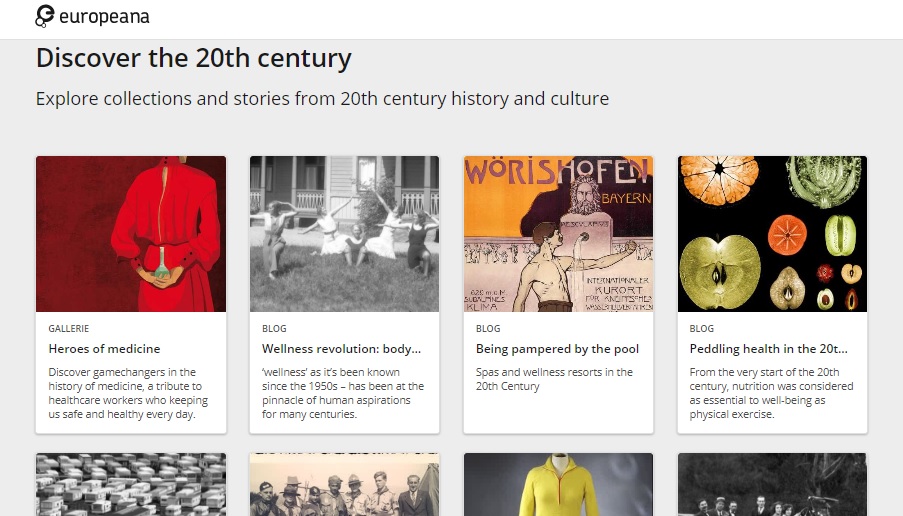
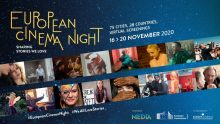
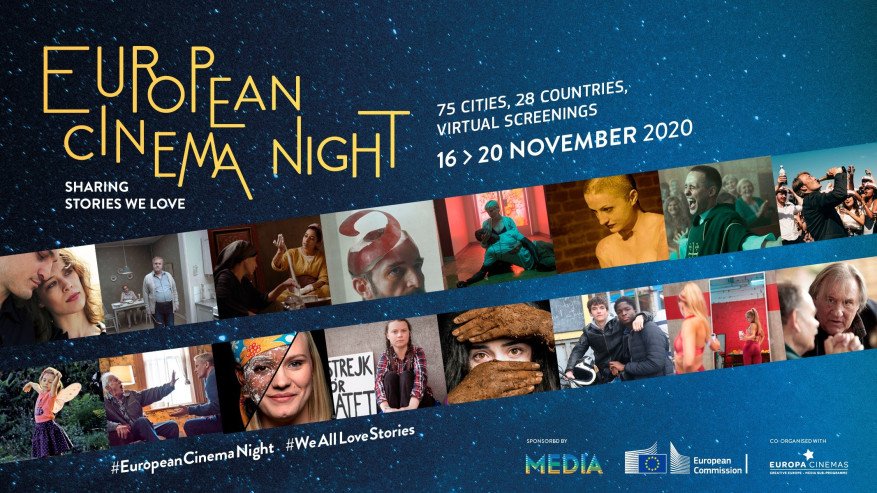
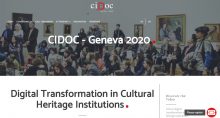
 If you have interesting news and events to point out in the field of digital cultural heritage, we are waiting for your contribution.
If you have interesting news and events to point out in the field of digital cultural heritage, we are waiting for your contribution.





























